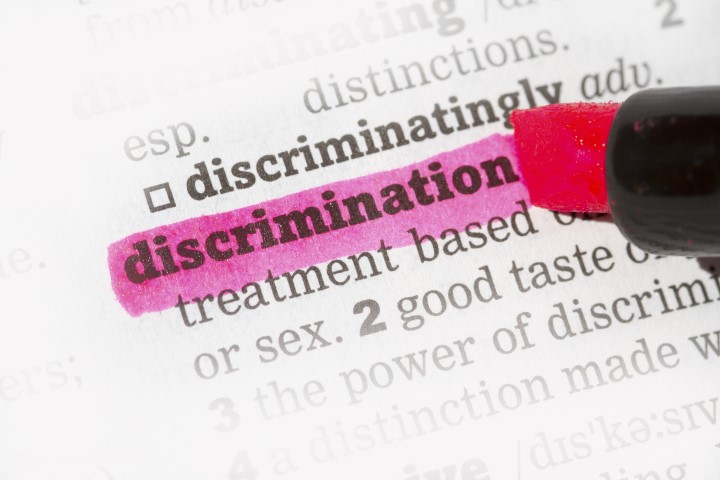Ten years ago, on 2 July 2008, the European Commission proposed a new anti-discrimination directive known as the Equal Treatment Directive or Horizontal Directive. But ten years late, it has yet to be adopted by the Council of the European Union. Tena Šimonović Einwalter, Equinet Chair and Deputy Ombudswoman, and Birgit Van Hout, the regional representative for Europe of the UN Human Rights Office (OHCHR), in an opinion column for Euractiv, say the proposed directive would expand protection throughout the EU against discrimination on the grounds of age, disability, religion or belief and sexual orientation, to the areas of social protection, healthcare, education, housing and access to goods and services. At present, these four grounds are only covered when it comes to employment and vocational training.
The grounds of sex and ethnic or racial origin are, by contrast, protected across a much broader range of social areas. Once adopted, a directive becomes a legal act of the European Union which obliges member states to achieve a particular result, in this case, to extend protection against discrimination.
The twin principles of equality and non-discrimination are the bedrock of the international human rights framework. The prohibition of discrimination is the only right set out in all nine core international human rights treaties.
Discrimination is frequently identified by international and regional human rights bodies as one of the greatest human rights challenges facing EU member states.
Throughout the EU, every day, people bring complaints of discrimination on the grounds of age, disability, religion or belief, or sexual orientation, to equality bodies, police, courts, national human rights institutions, or other bodies established to provide assistance – and justice – to victims of discrimination.
Regrettably, ten years on, and despite overwhelming support from the European Commission, a vast majority of EU member states, and the European Parliament, the Equal Treatment Directive is still on the drawing board.
This preserves a hierarchy of discrimination grounds – a notion that some forms of discrimination are more acceptable than others. This is both deeply unfair in practical terms to those groups who would benefit the most from the added protection the directive would provide, but also damaging in symbolic terms.
As long as the situation around the directive remains at an impasse, the EU’s legal framework will remain incomplete. As long as the Equal Treatment Directive is not adopted, the European Union will be limited in its ability to support victims of discrimination and hold perpetrators to account.
Although the overwhelming majority of EU member states favours adopting the directive, this requires the unanimous support of all EU member states.
Reportedly, two EU member states continue to oppose the directive, despite the European Parliament’s support for its adoption, something which European Commission President Jean-Claude Juncker has also described as a priority for the European Union.
In his own words, “discrimination must have no place in our Union, whether on the basis of nationality, sex, racial or ethnic origin, religion or belief, disability, age or sexual orientation, or with regard to people belonging to a minority.”
By withholding support for the Equal Treatment Directive, we are depriving 508 million people in Europe of effective protection against discrimination. The advancement of equality in Europe is thus effectively being held hostage by a couple of governments.
Article 2 of the Treaty of the European Union stipulates that the EU is founded on the “values of respect for human dignity, freedom, democracy, equality, the rule of law and respect for human rights.”
Adopting the Equal Treatment Directive would reinvigorate the European Union in these critical times by emphasizing that the European Union is not just an economic or monetary union, but a union of values – values aligned with universal human rights. By continuing to block the adoption of the Equal Treatment Directive, the opposite signal is being sent.
On 31 May, the UN Human Rights Regional Office for Europe (OHCHR), together with Equinet, the European Network of Equality Bodies, hosted a town hall discussion for representatives of governments, equality bodies and civil society.
The need for action by the European Union to combat discrimination in all areas and on all grounds, including on the basis of age, disability, religion or belief, and sexual orientation, resounded loud and clear.
Comprehensive protection against discrimination is both a legal and a moral imperative for the European Union and its member states. It is time for lawmakers to act, and champions are needed.
As we mark the 70th anniversary of the Universal Declaration of Human Rights in 2018, EU member states should come together to complete what they already committed to in articles 1 and 2 of the Universal Declaration, namely that all human beings are “equal in dignity and rights” and that “everyone is entitled to all the rights and freedoms set forth in this Declaration, without distinction of any kind.”


